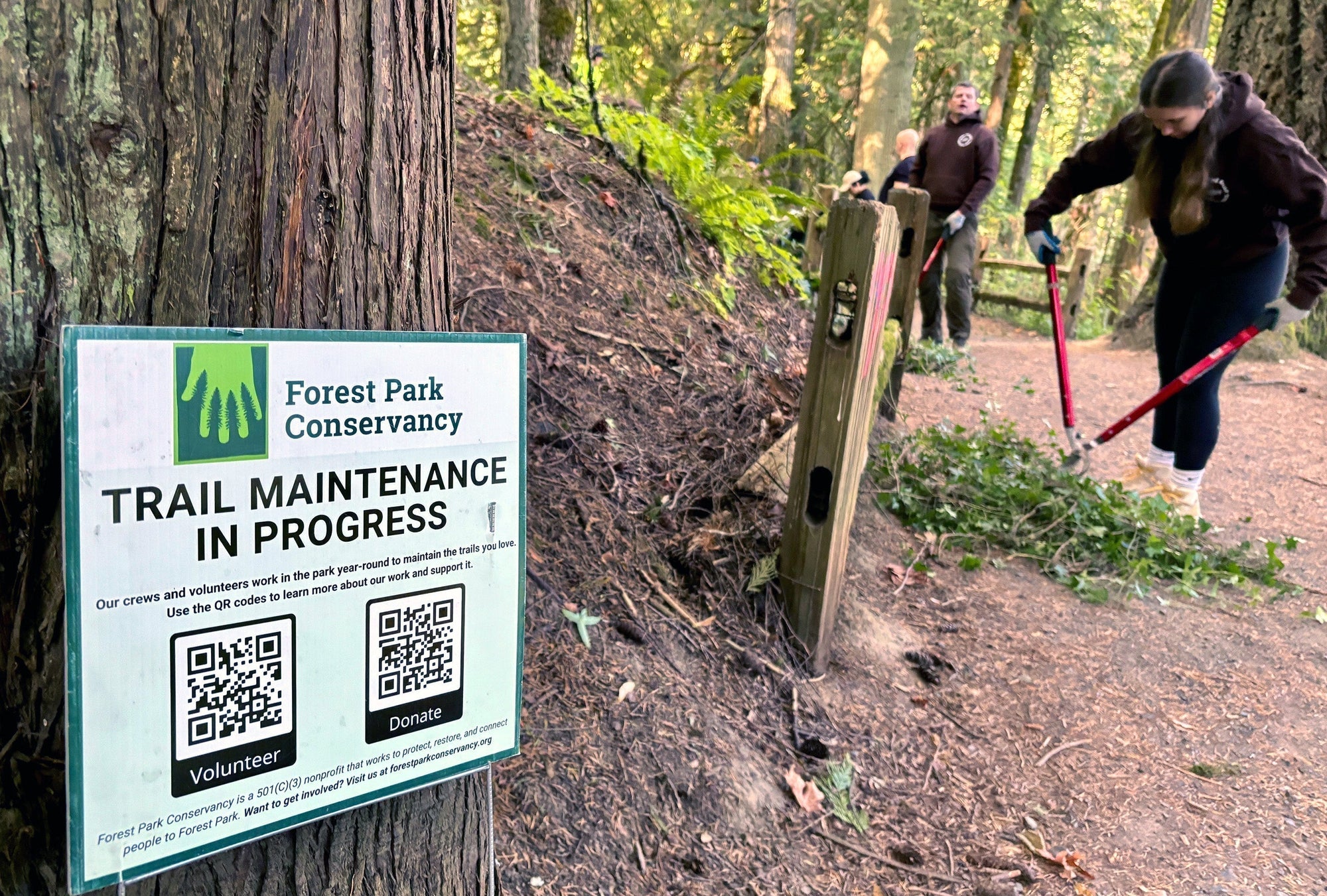It says something about our relationship to social media that 2020 was the year that “doomscrolling” entered our vocabularies.
We used to like scrolling, after all. That’s how we found out what our high school classmates were up to, where our daughter’s first-grade teacher went on vacation, and who in the neighborhood might like to trade their old couch for some raw honey from a local bee yard. But in a year when our homes became our offices and our schools, it began to seem like our eyes never left our devices. If your neck aches, your eyes are bleary, and your concentration’s shot, know you’re not alone. Here at KEEN, we feel the same way. Which led us to ask, can we do better?
If you think your time online might be dragging you down, here are a few questions to ask yourself:
• Do you feel stressed out if you can’t find your phone?
• Do you feel like you have to check your phone every few minutes?
• Does spending time on social media make you feel depressed, anxious, or angry?
• Do you count your likes, tally your reshares, or obsess about comments on your posts?
• Are you afraid you’ll miss something if you don’t keep checking your phone?
• Do you stay up late or get up early to use your phone?
If you don’t like your answers, it may be time for a digital detox.
What Is a Digital Detox?
A digital detox is a period of time when you refrain from using smartphones, televisions, tablets, computers, and social media sites. The goal is to focus on real instead of virtual life in order to reduce stress, connect with yourself and your loved ones, and rediscover what you truly value.
Why a Digital Detox?
According to the Nielsen Company, the average adult in 2018 already spent about 11 hours a day listening to, watching, reading, or interacting with media. That’s 11 hours that could have been spent on a wilderness hike, a volunteer shift at the food bank, or baking blondies with the kids.
Using devices too much adds stress to our lives and can cause depression. Some people might actually be addicted to their devices, which can cause physical, psychological, and social problems. A poll conducted by Common Sense Media revealed that 50% of teens surveyed think they are addicted to their mobile devices. Narcissism, insomnia, and reduced empathy in kids have all been linked to excessive use of smartphones.
Where Do I Start?
You may be unable or may not want to completely sever your connection to your devices, and that’s OK. A digital detox is about creating boundaries so that technology enhances your life instead of detracting from it. It’s great if you have the ability to disconnect entirely for a day or a weekend. But if you need your devices for work or school, you could try disconnecting at the end of the work or school day and leaving your evening free of electronic distractions. Here are a few other ways you might consider limiting your time:
Do a digital fast: Go cold turkey on digital devices for a short period of time, such as a day or up to a week
Put digital abstinence on your calendar: Pick one day of the week to go device-free
Personalize your detox: If an app, site, game, or digital tool is consuming too much time or making you unhappy, focus on cutting back on the use of just that one item
Do a social media detox: Restrict or even completely eliminate just your social media accounts for a specific period of time
Tips and Tricks
We get it, change is hard, and willpower is a finite resource. If the thought of going a day or even an hour without your phone seems overwhelming, here are some tips for getting started.
• Some phones have a feature that allows you to set a time limit for an app, which is a great way to reduce your time on social media if you don’t want to go device-free. Some apps also have a time limit feature to let you know when you’ve reached the end of the time you’ve allotted for yourself.
• Delete apps from your phone so that you can only check them on your computer.
• Restricting use to certain times of day — 30 minutes in the morning and evening, for instance, can help you cut down.
• Not using devices before you go to sleep and keeping them out of the bedroom has been shown to improve sleep quality, which makes for a clearer head during the day.
• Turn off alerts and notifications on your phone to eliminate all the beeps and buzzes that interrupt your concentration and keep you tied to your phone. You may want to carve out an exception for emergencies, like getting a notification when you get a voicemail, but keep in mind that most of the things that seem important can wait.
What Benefits Can I Expect?
In 2015, research organization Kovert Designs took 35 movers and shakers on a retreat in the Moroccan desert, where neuroscientists observed them with and without access to technology. During the four-day digital detox, the researchers recorded that the participants created deeper connections with one another, had more animated and wider-ranging conversations, showed improved memory, slept better, and gained perspective that allowed them to see the big picture and make constructive changes in their lives. With all of that to look forward to, why wouldn’t you try it?
What will you do with all of the mental space and energy you’ve freed up? If you’re looking for ways to ground and reconnect with yourself by spending more time in nature, our KEEN wellness guide has lots of ideas, from taking your meditation practice outside to making time in nature part of your self care. Here’s to a healthier, more unplugged you!












